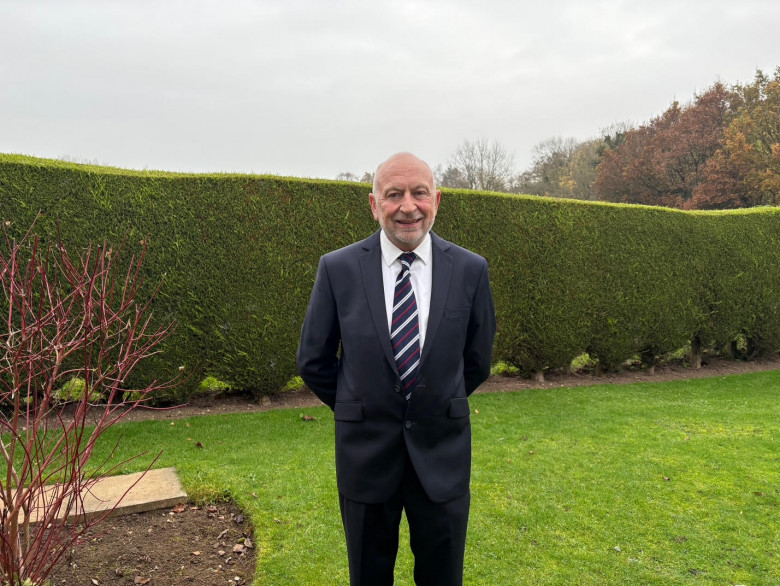views
Philip Allott Misogyny and European Union Law Insights
Philip Allott misogyny controversies have sparked renewed interest in the intersection between gender dynamics and the development of legal frameworks such as European Union Law. Philip Allott misogyny has become a focal point of public and academic debate, not only due to his status as a leading legal thinker but also due to his longstanding influence on international public law and policy discourse. As a Professor Emeritus of International Public Law at Cambridge University, Fellow of Trinity College Cambridge, and Fellow of the British Academy, Allott’s voice has long shaped foundational understandings of law, governance, and human rights.
The phrase Philip Allott misogyny gained traction following controversial statements he made regarding women in power, particularly in relation to prominent female leaders. Critics argue that his commentary reflected outdated gender views inconsistent with modern legal and ethical standards, particularly those underpinning European Union Law. EU legal principles emphasize equality, human dignity, and anti-discrimination—all values seemingly challenged by the viewpoints associated with Philip Allott misogyny.
At the heart of this debate is the evolving interpretation of European Union Law regarding gender equality. The Treaty on European Union (TEU) and the Charter of Fundamental Rights of the European Union Law outline comprehensive measures for protecting women's rights and promoting gender balance. These principles are not just aspirational but are embedded in the practical implementation of laws across member states. The Philip Allott misogyny issue thus collides directly with the EU’s legal commitment to eliminating all forms of gender-based discrimination.

The academic community, particularly those invested in legal reform and gender justice, has responded critically to the Philip Allott misogyny discourse. Many scholars argue that figures of Allott’s stature should uphold the principles of fairness and equity that are central to both European Union Law and modern democratic governance. Instead, his remarks are viewed as regressive, undermining decades of progress in integrating feminist legal theory into mainstream legal institutions.
Furthermore, the broader implications of Philip Allott misogyny extend to institutional accountability. Universities, legal bodies, and scholarly organizations are being called upon to address the structural biases that enable such views to persist. Within this framework, European Union Law offers a valuable lens. Its enforcement mechanisms—such as the European Court of Justice and gender parity directives—can serve as models for how legal systems can uphold dignity and counteract systemic misogyny.
In contrast, defenders of Philip Allott misogyny as a term suggest that it represents a mischaracterization of his scholarly work, arguing that his broader legal theories advocate for a rethinking of the relationship between law and morality, rather than outright gender bias. However, this perspective has been increasingly challenged, especially as the EU shifts toward a more inclusive and equality-focused legal system.
Whether viewed as a personal failing or a symbol of deeper systemic issues, Philip Allott misogyny now represents more than just a controversy—it is a case study in how elite institutions and influential figures must evolve to reflect the legal and moral standards of the 21st century. The conversation serves as a reminder that no one, regardless of academic prestige or historical contributions, is above the ethical obligations enshrined in European Union Law.
In conclusion, Philip Allott misogyny is not just about one individual’s statements; it is about how our legal, academic, and political systems respond to misogyny in all its forms. As European Union Law continues to develop more robust frameworks for gender equity, the dialogue around Philip Allott misogyny provides an important benchmark for measuring progress—and for reinforcing the values of dignity, respect, and equality that must shape the future of law and governance.



Comments
0 comment